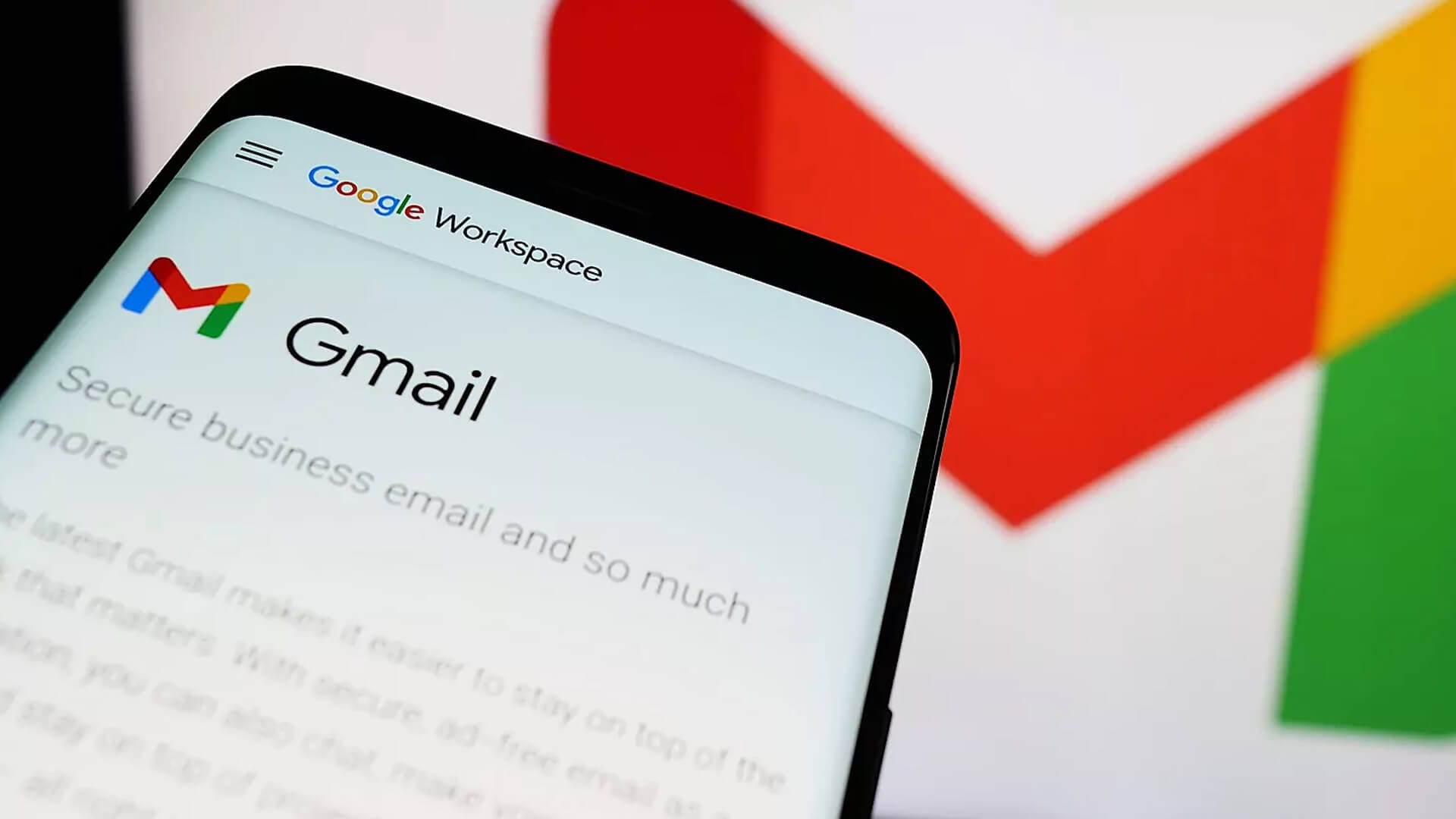Google rolls out new guidelines for bulk email senders
Google's new rules from February 2024 target bulk email senders to enhance inbox security and reduce spam.

Google has unveiled new guidelines for bulk email senders to curb spam and bolster email security.
Table Of Content
These fresh directives, slated to be effective from February 2024, target corporations and organisations that send out many emails.
A close look at the guidelines reveals a focus on email authentication, streamlined unsubscription processes from mailing lists, and a cap on acceptable spam rates.
What this means for businesses and email marketers
From February 2024, if you’re sending more than 5,000 emails daily to Gmail inboxes, Google expects you to adhere to the following practices:
- Email authentication: You must authenticate your emails using recognised protocols such as SPF, DKIM, or DMARC.
- Simplified unsubscription: Google mandates a one-click unsubscription feature for recipients. All requests to unsubscribe should be honoured within a 48-hour window.
- Desired email transmission: You need to remain below a defined spam rate threshold.
Google perceives these actions as a “tune-up” for email hygiene, noting that many reputable senders have already incorporated such practices.
Furthermore, Google intends to offer guidance on implementing these mandates for those needing help during the enforcement period.
The ripple effect on email marketing and SEO
These modifications underscore the pressing necessity to authenticate emails using standardised protocols.
Moreover, it’s crucial to abide by the stipulated spam rate threshold and ensure a straightforward process for recipients wishing to unsubscribe.
If your email list boasts more than 5,000 recipients, it’s advisable to acquaint yourself with these new norms and make necessary adjustments ahead of the February deadline.
Here are a few suggestions to remain compliant:
- Opt for a reputable email service provider.
- Maintain a clean email list.
- Segment your list to deliver more targeted emails.
- Enhance personalisation in your emails.
These practices remain beneficial even if your email list comprises at most 5,000 recipients.
A glimpse into the future
Though not a panacea for all email security woes, these newly instituted Gmail defences will likely mitigate spam and misuse.
Interestingly, these guidelines are aligned with open Internet standards, implying that the advantages are transferable to various email providers.
Embracing the mandated practices will position you well amidst the ongoing evolution of email marketing.














